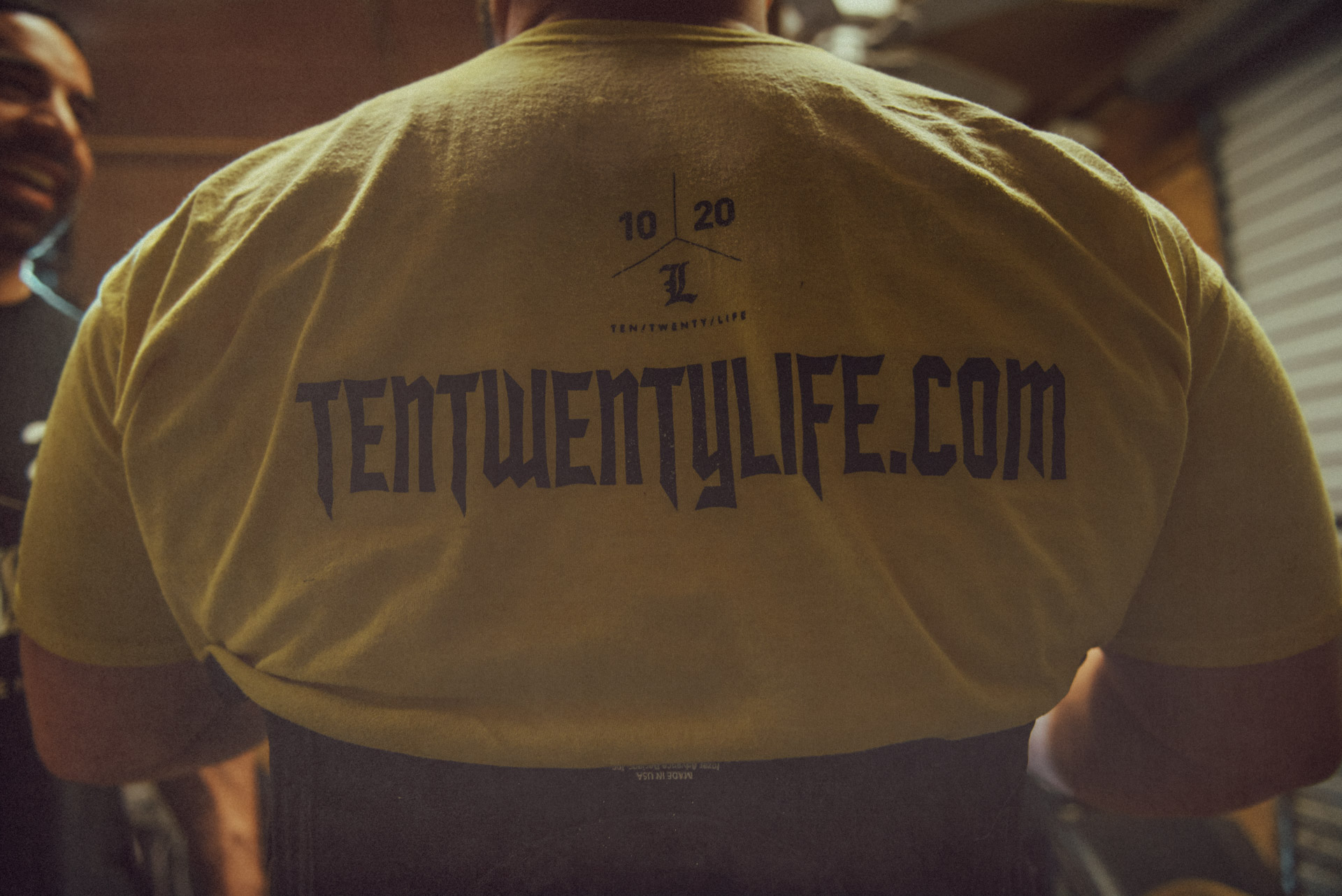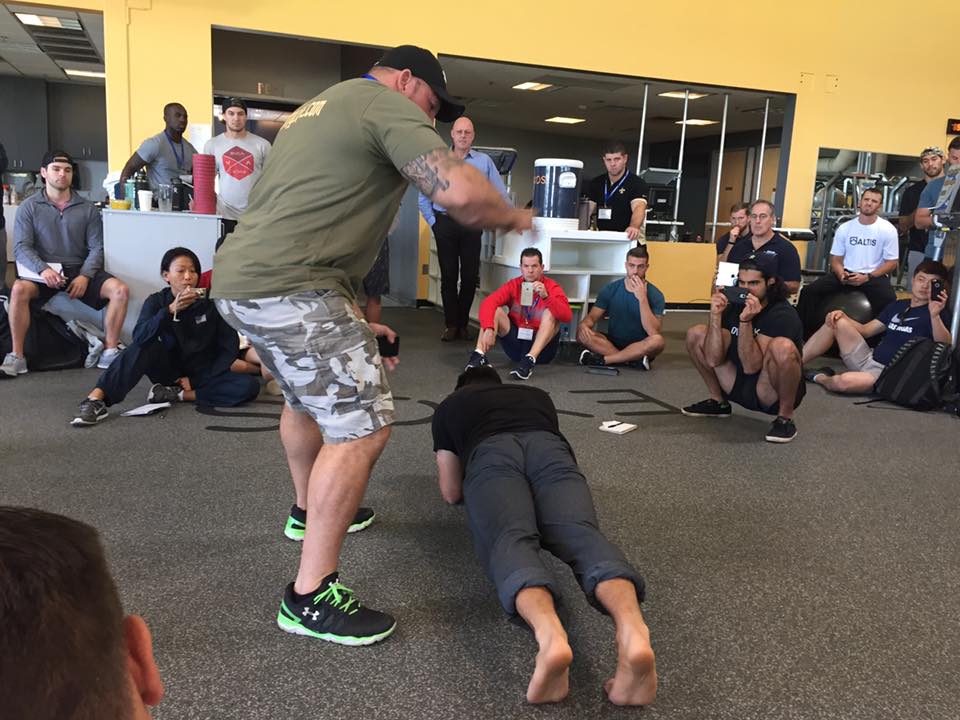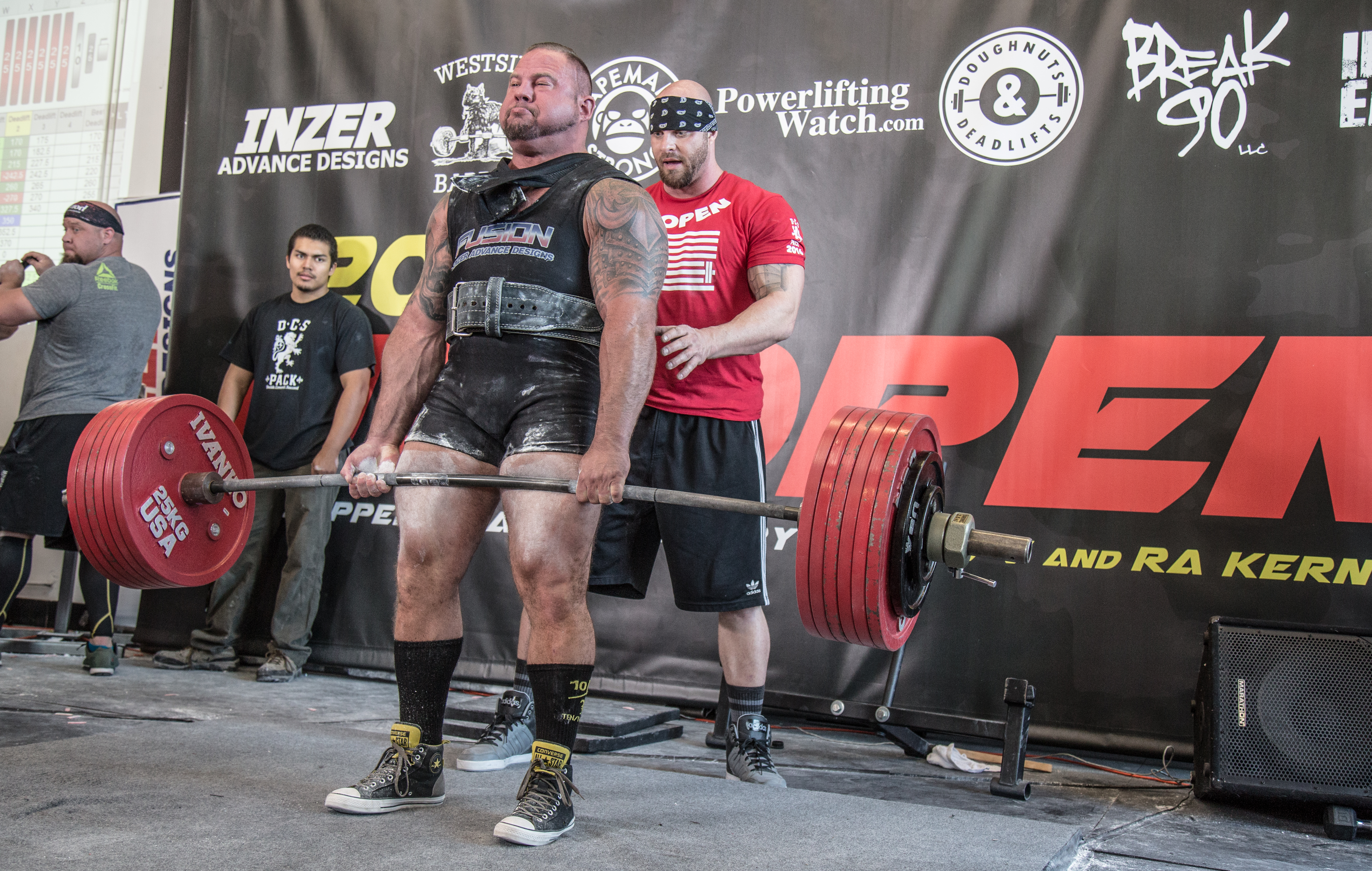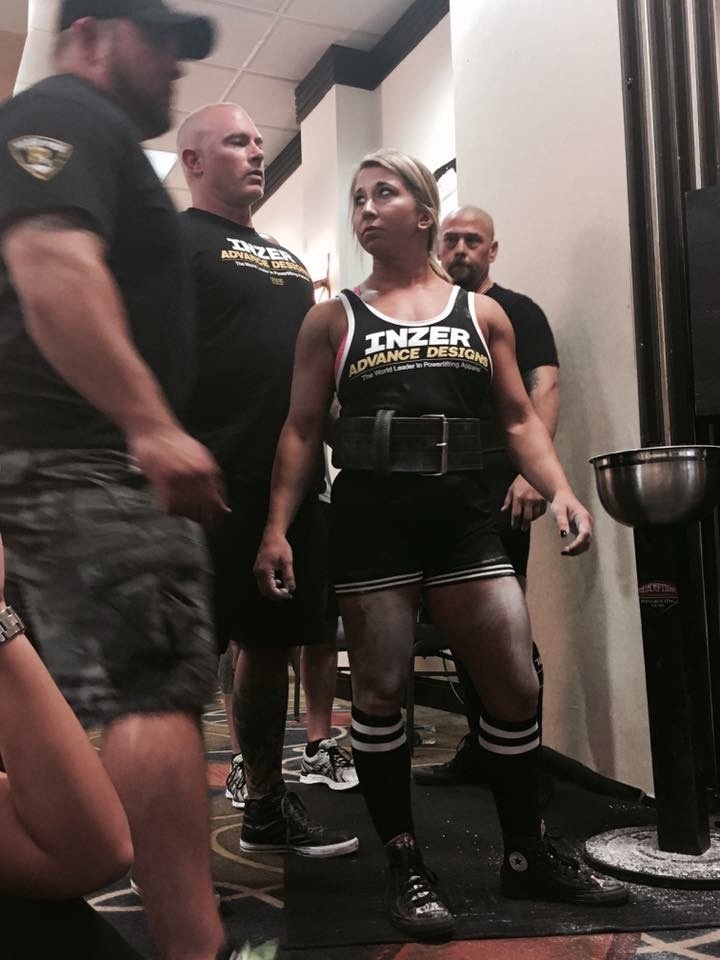
26 Jan Select Your Coach Like a Professional: The Four “P’s”
By Lisa Guggisberg
I am a civil trial paralegal by trade – It’s my livelihood and has been for almost 20 years now. One of the facets of my job is attending trials and in 20 years I have attended a fair amount. It’s a lot of work and can be fun to go to trial but this would be a discussion for another day. As any trial attorney would tell you, the majority of a trial is listening to the testimony of experts. In a civil case, not just anyone can call themselves an expert. There is a lengthy process an expert has to go through in order for the Court to deem an individual an expert and accept the expert’s testimony. Thus, allowing this individual to testify as an expert. To save time and not bore you to death (because let’s face it real life courtrooms are nowhere near as exciting and sexy as you see on television and the movies) here is a simplified version of how an expert is considered and deemed an expert by the Court:
[wa-wps]
Lawyer 1: Dr. Please introduce yourself to the jury.
Expert: I’m Dr. John Doe.
Lawyer: Doctor what is your profession?
Expert: I am a __________.
Lawyer: Are your licensed in the state of ____________.
Expert: Yes.
Lawyer: Doctor what is your educational background?
And so on…
A lengthy series of questions will go on for about 30 minutes – covering the expert’s educational background, their training, papers they have written, previous cases they have testified in, their research background, etc. The expert has to prove to the Court and jury that they are competent in the subject matter, qualified through knowledge, skill, practical experience, training, and education. Once competency is satisfied, an expert’s knowledge of the subject matter affects the weight and credibility of their testimony.
So, back to our court room scenario:
Lawyer: Your Honor; pursuant to (whatever applicable local, federal or state rule on expert witnesses), I am tendering Dr. Doe was a qualified expert witness in the field of_________.
It is then up to the judge to make the determination if the expert is qualified, experienced, knowledgeable, skilled and educated to be able to render an expert opinion regarding the subject matter. If the judge feels the expert is not qualified enough to testify, he can rule that the expert may not render an opinion and testify. So, knowing an entire trial outcome could potentially be determined on one expert’s opinion, lawyers will make sure they seek out and hire the most qualified and experienced experts available.
Now, my question to you: Do you play the judge and lawyer when deciding who you choose as a coach? Are you grilling your potential coach on their experience and qualifications? Is your self-proclaimed expert coach really just a fraud?
First thing I do when helping my attorney hire an expert – I ask for their Curriculum Vita or in layman’s terms their resume. After we get their resume, we look at the paper they have listed as being an author, we read those papers, we talk to other lawyers who have hired them and we read prior trial testimony they have provided. We really invest some time into determining if he/she would pass the Court’s test of qualifying an expert. We do our research and you owe it to yourself and your bank account to really vet these so called coaches before hiring.
We like to follow the Four “P”s when selecting an expert and you should too:
Practitioner
A practitioner is one who practices something, especially an occupation, profession, or technique. Expert witnesses who hold practitioner experience have an advantage in testifying before a jury because they routinely perform the very procedure or practice that is being questioned. An expert witness that is a practitioner can look the jurors in the eye and confidently assure them that their opinions are correct.
So, does your coach practice or have they been a practitioner? Look at your coach’s track record. What have they done, what are their numbers? Have they set any all-time world records (or any true records for that matter) that can be verified? Has your coach had an injury(s), rehabbed and come back successful? In other words – has he been at the top, ever been injured and had to claw his/her way back to the top? Has he dealt with real adversity? If not, how would he be an asset to you if you found yourself faced with adversity?
An expert/coach who has little or no hands-on experience can be vulnerable to cross examination, even if the expert has an impressive resume. However, an expert/coach with practical experience, can quiet critics, whether they are judge, jury, or opposing counsel contending that the expert is merely restating opinions he has only read about. Quite simply, there is no substitute for doing. Experience is king.
Published
An expert who has published in professional journal articles, chapters in texts, or books will have a strong knowledge in the area in question. I can’t tell you how many hours myself or the attorney may spend reading papers or presentations our potential expert has written. A published expert witness can explain to a jury how their opinions agree or disagree with other national published experts. The same goes for a strength coach. What have they written and is that information deemed sound enough to publish? Can your coach present and discuss why their program and methods differ and why they work, can they do it well enough to put it out there for the entire world to see? Simply put: can they explain the methods they use and reasoning for such methods?
Professor
An expert witness with teaching experience, especially in the area of proclaimed expertise, is a tremendous advantage. An expert who teaches, can explain issues and opinions in a clear and concise manner that is easy for a jury to understand. Look at who your coach coaches. What are those client’s results? Talk to those clients and ask them if the coach gives clear & precise coaching that helps. Can they break down form in a simple and easily understandable way which in turn benefits the athlete?
Presentation
The messenger is just as important as the message. If this research is accurate, then trial lawyers must be sensitive to what their expert witnesses look and sound like in hope of having a messenger to which the jury can easily relate. Is your coach a fat, sloppy SOB? Do their squats look the worlds heaviest and worst good morning? Their pulls look like a ratchet ally cat’s arched back projecting a hairball? As we know, a picture is worth a thousand words. BUT BEWARE! DO NOT GO BY FIRST IMPRESSIONS ONLY. Take it with a grain of salt, but definitely take note.
Make no mistake: It can get become tricky as we’ve all been fooled before.
I’ve seen it many times, an expert looks the part. A doctor who presents well to a jury, very personable, does a lot of surgeries, they are visually pleasing to look at, they smile and charm the jury. But when they are grilled on the stand and get into the meat and potatoes of the subject matter, the pretty doctor isn’t so appealing when he flounders on the stand. Why? Because they don’t know what they are talking about. Trust me, it happens. So called experts that seemingly fit the role – shit the bed on the stand when they are really grilled.
Enter the strength coach and social media.
Your coach may look the part. They make attention getting posts, they are funny and make you feel like you’ve been long lost best buddies. They can talk the talk, they charm you. They tell you about all the people they coach, the make you feel like you are part of something. They are great in debating and writing. They have the “cool kids” liking their status often, with lots of interaction on their posts.
But here is the thing; social media is pretty much unregulated. Anyone can set up a page and call themselves a coach. Keep in mind that it is their page. THEIR PAGE. They show you ONLY what they want you to see. But when they are really grilled and interrogated they, like the pretty doctor example above, usually shit the bed in the real world. Do you think professional sports teams hire their strength coaches/experts based on how awesome their social media page is?
Pick your coach carefully, it’s much more than just someone ‘telling you what to do’ – you are who you associate with. Selecting the right coach for your goal is no easy task but doing a little background work and really vetting a potential coach will pay you invaluable dividends in the end. Think like a judge or lawyer when selecting a coach, be smart, do a little research and don’t be fooled by the frauds out there.
Latest posts by Lisa Guggisberg (see all)
- Lisa Guggisberg: Offseason Bench Day - July 16, 2018
- Lisa Guggisberg: TRYING OUT NEW INZER PREDATOR BRIEFS - July 5, 2018
- LISA GUGGISBERG-OFFSEASON BENCH & SQUATS - June 22, 2018









Sorry, the comment form is closed at this time.